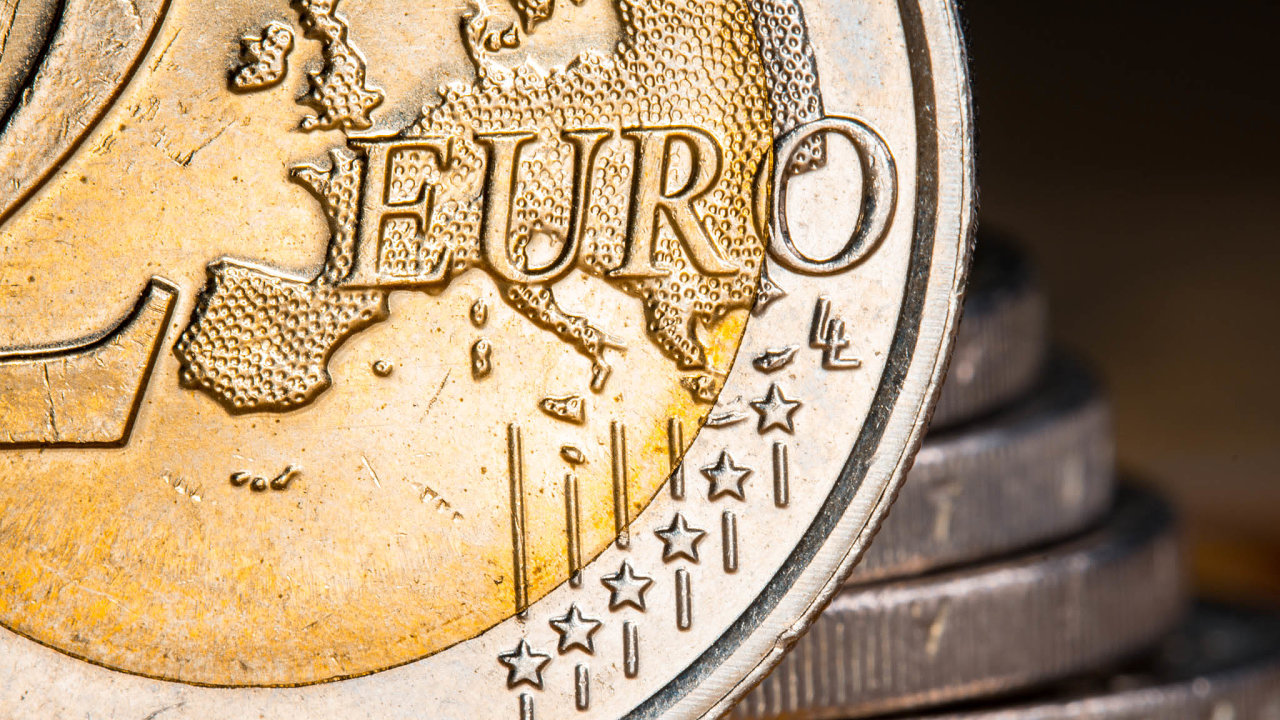The European Commission has proposed the introduction of a digital euro, which could be available to citizens within a few years. This alternative to cash aims to simplify cross-border payments and enable offline transactions, putting pressure on companies such as Visa, Mastercard, and Apple, or even becoming their competitors. Merchants could potentially save on transaction fees, which could ultimately benefit consumers. Here are some answers to the most pressing questions regarding this development.
The introduction of a digital euro would provide citizens with easier access to digital payments and could revolutionize the way transactions are conducted. The European Commission’s proposal aims to create a unified digital currency that can be used across the Eurozone, allowing for seamless cross-border transactions. This would eliminate the need for currency exchange and reduce transaction costs for businesses and consumers alike.
One of the key advantages of a digital euro is its offline functionality. Unlike traditional digital payment methods, which require an internet connection, the digital euro would allow for offline transactions. This means that individuals could make payments even in areas with limited or no internet access, making it a convenient and accessible option for all.
The introduction of a digital euro could also disrupt the dominance of major payment providers such as Visa, Mastercard, and Apple Pay. By offering a government-backed digital currency, the European Commission aims to provide an alternative to these private payment systems. This competition could lead to lower transaction fees for merchants, as they would have more options to choose from. Ultimately, this could result in cost savings for businesses, which could be passed on to consumers in the form of lower prices.
However, the proposal for a digital euro also raises some concerns. One of the main issues is privacy and data protection. With digital transactions, there is a risk of personal data being collected and potentially misused. The European Commission will need to address these concerns and ensure that robust privacy measures are in place to protect individuals’ data.
Another concern is the potential impact on traditional banks. If individuals can hold and transact with digital euros directly, it could reduce the need for traditional bank accounts. This could have implications for the banking sector, which may need to adapt to the changing landscape of digital currencies.
Overall, the introduction of a digital euro has the potential to revolutionize the way we make payments and conduct transactions. It offers convenience, accessibility, and the potential for cost savings. However, it also raises important questions about privacy, data protection, and the future of traditional banking. As the European Commission continues to develop its proposal, it will be crucial to address these concerns and ensure that the digital euro benefits all citizens.
What potential challenges may arise from the centralization of financial transactions and the introduction of a digital euro, and how can they be addressed
Ro would allow users to make transactions even without an internet connection. This would make it easier for individuals in remote areas or in situations where connectivity may be limited, such as during natural disasters or emergencies.
The introduction of a digital euro could potentially pose a challenge to companies such as Visa, Mastercard, and Apple, as it would provide a direct alternative to their payment systems. With the digital euro being backed by the European Central Bank, it could become a trusted and widely accepted method of payment, potentially reducing the reliance on these third-party payment processors.
In addition to providing convenience and accessibility, the digital euro could also offer cost savings for merchants. Currently, businesses incur transaction fees when accepting card payments, which can eat into their profits. With the digital euro, merchants could potentially save on these fees, allowing them to pass on the savings to consumers or invest in other areas of their business.
However, there are still many questions and challenges that need to be addressed before the digital euro becomes a reality. One of the main concerns is privacy and data security. The European Commission will need to ensure that the digital euro provides robust privacy protections and safeguards against cyber threats. Additionally, there may be concerns regarding the centralization of financial transactions and the potential impact on traditional banking systems.
Overall, the introduction of a digital euro has the potential to revolutionize the way payments are made and could provide numerous benefits to businesses and consumers alike. However, it is important for policymakers to carefully consider the implications and address any potential challenges before implementing this new digital currency.



Digitální euro je inovativní a perspektivní možnost, která nejen usnadní platební transakce, ale také bude schopna konkurovat tradičním platby Visa a Mastercard. Pokrok v digitálních technologiích nabízí nové a bezpečné způsoby placení, které by mohly změnit budoucnost finančních operací.
Digitální euro je skvělou inovací, která nejenže usnadní platební transakce, ale také představuje konkurenci pro Visa a Mastercard. Je skvělé vidět, jak se technologie stále posouvá vpřed a nabízí nám nové možnosti v oblasti finančních operací. Doufám, že digitální euro bude brzy dostupné pro všechny a umožní nám ještě pohodlnější a rychlejší platby.